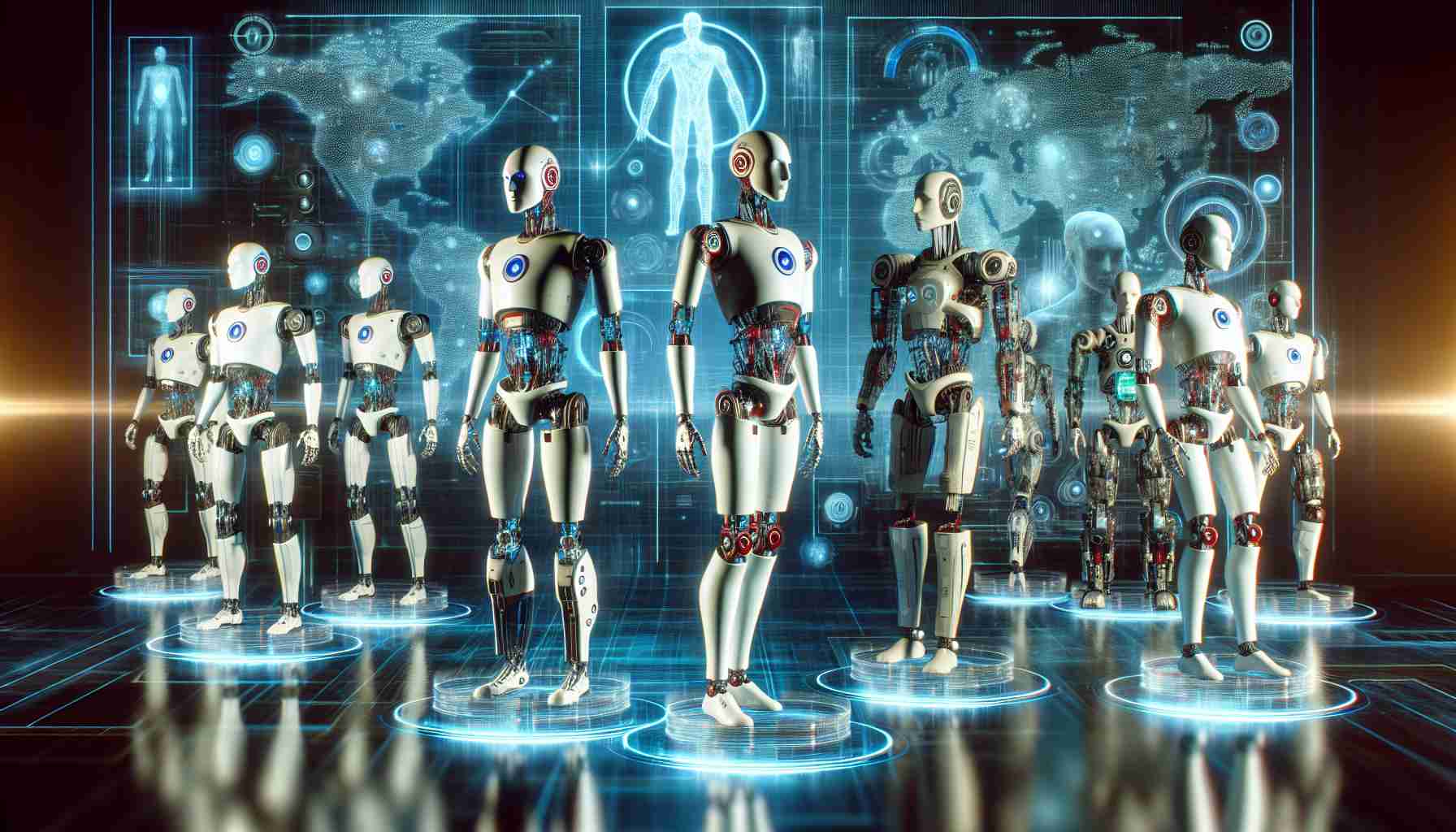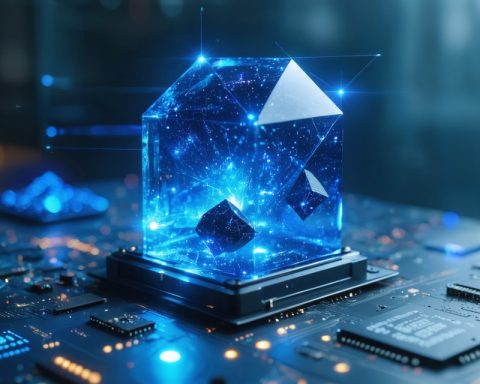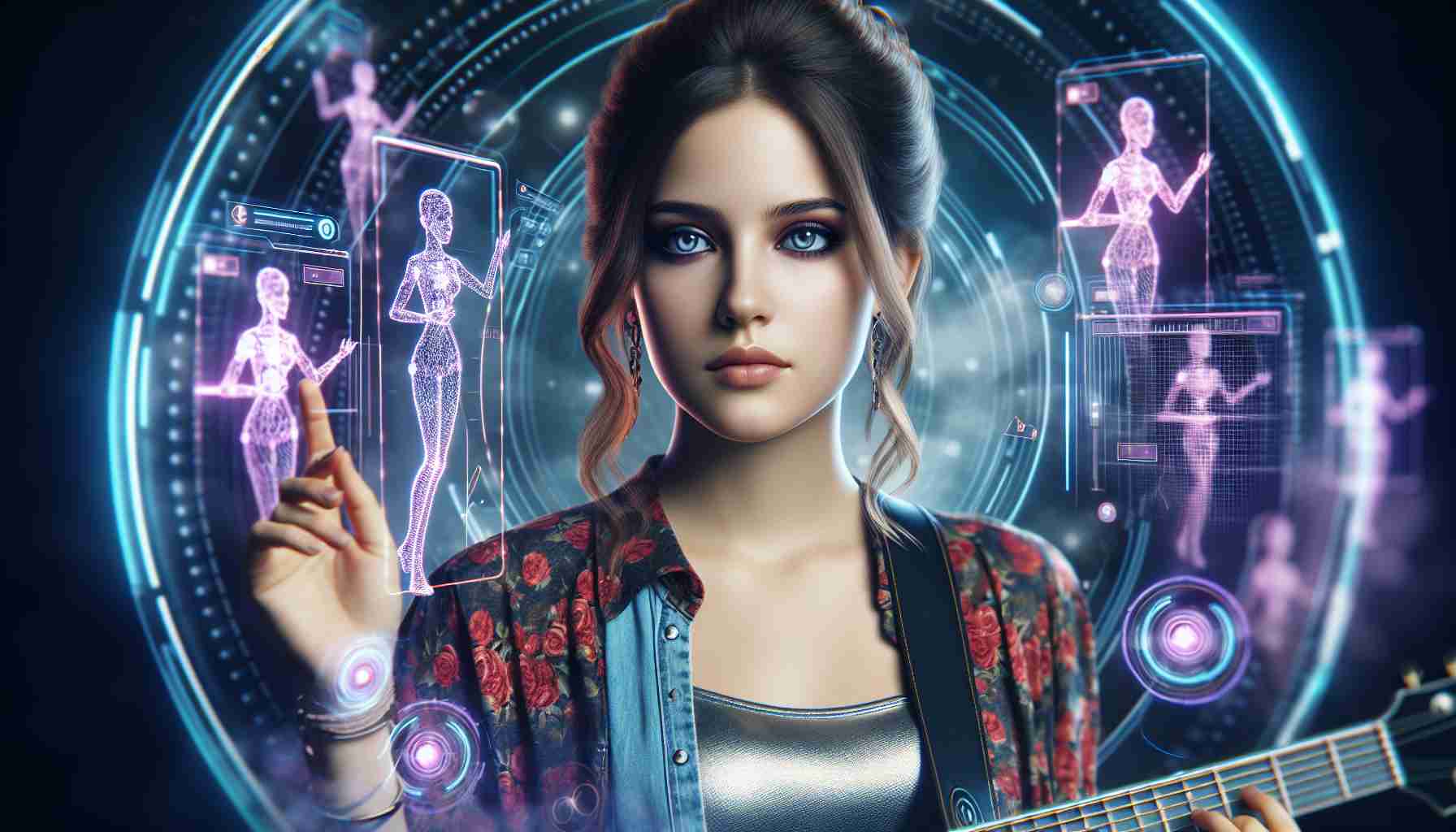In an era where technology and human interaction merge seamlessly, a revolutionary development is taking the world by storm. Researchers from leading tech institutions have unveiled a groundbreaking innovation: AI-driven robot alter egos that mimic human behavior with startling accuracy. This innovation is set to redefine how we interact with technology, creating a new realm of personalized digital experiences.
The concept behind these robot alter egos is both fascinating and potentially transformative. Developed with advanced algorithms and human-like adaptability, these AI entities are designed to mirror your personality, preferences, and even emotional responses. Equipped with cutting-edge machine learning capabilities, they learn and evolve, adapting to your lifestyle and preferences over time. This personalized touch is what sets them apart from traditional AI assistants.
This technological leap presents intriguing possibilities for both personal and professional applications. Imagine having an AI companion that can handle specific tasks based on your unique needs or even engage in lifelike conversations. In professional settings, these AI entities could transform customer service, offering clients highly personalized interactions and solutions.
However, with great innovation comes significant ethical considerations. Experts are already debating the implications of such technology on privacy and human agency. As this technology progresses, it will be crucial to balance innovation with ethical practices to ensure that these AI alter egos serve humanity in positive and beneficial ways.
In this new dawn of AI-human interaction, the future holds endless possibilities and challenges, promising a next-generation experience that blurs the lines between human and machine. Are you ready to meet your digital twin?
Title: The Environmental and Societal Impact of AI-Driven Robot Alter Egos
The advent of AI-driven robot alter egos represents a seismic shift in the integration of technology into daily life, setting the stage for personalized digital interactions that are both captivating and complex. However, along with its potential to enhance personal and professional spheres, this innovation introduces profound impacts on various facets of society, particularly the environment, humanity, and the global economy.
Environmental Concerns
One significant, yet often overlooked, aspect of this technological breakthrough is its environmental footprint. AI-driven entities require substantial computational power, which in turn necessitates vast amounts of energy. Data centers, the backbone of AI technology, are notorious for their substantial electricity use and carbon emissions. As more individuals and businesses adopt AI alter egos, the demand for data processing will surge, exacerbating existing environmental challenges.
To mitigate these effects, ongoing research into sustainable and efficient AI processing technologies is essential. Implementing renewable energy sources for powering data centers and optimizing algorithms for energy efficiency could help reduce the carbon footprint of this burgeoning technology. For the future of humanity, balancing technological advancement with environmental stewardship will be imperative to ensure that innovation contributes to a sustainable world.
Societal Implications
The integration of AI alter egos into everyday life brings profound implications for humanity, redefining notions of identity and personal interaction. As these digital personalities evolve, they will mirror individual behaviors and preferences with increasing accuracy, potentially altering how people define themselves and connect with others. The blurring line between human and machine may lead to a cultural shift, where the authenticity of human interactions is questioned and redefined.
In this context, issues of privacy and agency become paramount. Ensuring that individuals maintain control over their digital counterparts will be crucial to prevent misuse and exploitation. Moreover, understanding and regulating the way personal data is used and stored will safeguard users against potential breaches of privacy.
Economic Impact
On the economic front, AI-driven alter egos could revolutionize industries by enhancing productivity and personalization. Customer service, healthcare, and education are just a few sectors that stand to benefit from highly individualized AI interactions. Nevertheless, this automation could displace traditional jobs, challenging economies to adapt to a workforce increasingly reliant on AI collaboration.
To prepare for this evolution, investing in education and training programs that equip workers to thrive alongside AI technology will be vital. As the economy transitions, fostering creativity, critical thinking, and skills that complement AI will be key to ensuring balanced growth and opportunity.
The Future Connection
The trajectory of AI-driven alter egos highlights both promise and peril for the future of humanity. As society ventures further into this amalgamation of human and machine, the challenge lies in harnessing AI’s potential to enhance life while safeguarding ethical and environmental integrity. By addressing these multifaceted impacts, we pave the way for a future where technology not only adds convenience and capability but also contributes positively to our world. As we stand at this crossroad, the question remains: Can we create a future where these innovations coexist harmoniously with humanity and nature?
Meet Your Digital Twin: The Future of Personalized AI Companions
In a rapidly evolving technological landscape, AI-driven robot alter egos are poised to redefine our interaction with technology, offering unparalleled advancements in personalization and adaptability. These cutting-edge AI companions not only mimic human behaviors with remarkable precision but also promise to enhance our daily experiences in ways previously unimagined. Here, we explore emerging trends, insights, and potential innovations related to this groundbreaking development.
Unveiling the Features of AI Alter Egos
The defining feature of these AI entities is their ability to learn and evolve to mirror the unique personalities of their users. By leveraging sophisticated machine learning algorithms, these robots adapt to the preferences and habits of their human counterparts, offering a deeply personalized interaction experience. This advancement sets them apart from traditional AI assistants by providing emotionally resonant responses that can significantly enhance user engagement.
Use Cases: Beyond Personal Assistance
The usefulness of AI-driven robot alter egos extends far beyond personal companionship. In professional settings, these AI entities can revolutionize customer service by delivering tailored interactions and solutions. Businesses can utilize them to create personalized marketing strategies, manage customer inquiries with precision, and even anticipate client needs, thus fostering a higher level of customer satisfaction and loyalty.
Ethical Considerations and Security Aspects
While the benefits are enticing, it’s crucial to address the ethical implications and security concerns surrounding these AI innovations. Privacy issues are a significant concern, as these AI companions require access to personal data to function effectively. Ensuring robust security measures and transparent data handling practices will be essential to gaining user trust and maintaining the delicate balance between technological advancement and ethical responsibility.
Sustainability and Future Predictions
As the technology behind AI alter egos matures, sustainability will play a critical role in its evolution. Reducing the energy footprint of these AI systems and developing eco-friendly designs are likely to become focal points of future innovations. Moreover, the potential for AI alter egos to assist in environmental monitoring and sustainability efforts further enhances their value proposition for the future.
Market Analysis: A Growing Demand
The rising interest in personalized digital experiences suggests a burgeoning market for AI-driven alter egos. Companies at the forefront of AI development are already exploring partnerships and collaborations to harness this technology’s potential across various sectors. As consumers increasingly demand more tailored experiences, the market for AI alter egos is expected to expand, offering exciting opportunities for innovation and growth.
To stay informed on the latest developments and industry trends, visit TechCrunch or Wired.
As we venture into this new era of AI-human interaction, the promise of digital twins opens a world of endless possibilities and challenges, setting the stage for a future where the lines between human and machine become increasingly blurred. Are you ready to embrace this transformative technology and meet your digital twin?








